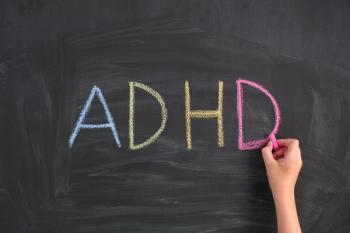
How a childhood intervention could lead to better outcomes in future generations
Parents-to-be and new parents pore over parenting guides to ensure their child has the best possible outcomes. A recent investigation examines whether interventions during childhood could produce even better results.
Using interventions to help parents be better caregivers can create to better outcomes. A new
The investigators conducted a nonrandomized controlled trial in the public elementary schools that served high-crime areas in Seattle, Washington. Follow-up occurred locally as well as out of state as time went on and people left the area. Children in grades 1 through 6 were assigned to classes with teachers who followed methods of classroom management and instruction according to the Raising Healthy Children intervention. This program promotes opportunities for active involvement in the classroom and family circle, and provides the child with social and emotional skills training.
There were 182 groups included. Each group included 3 generations: the parent of the child involved in the intervention (generation 1), the person involved in the intervention (generation 2), and the child of the person who was in the intervention (generation 3 [G3]). Among the G3 children, there were 72 children who had parents in the full intervention arm and 110 in the control arm. A significant difference was seen among the 72 G3 children across 4 different areas: improved early child developmental functioning; lower teacher-rated behavioral problems; higher teacher-rated academic skills and performance; and lower child-reported risk behavior such as alcohol, cigarette, or marijuana use.
Researchers concluded that interventions in childhood can have an impact on future generations. They believe that their study is the first one to report significant differences between a control group and a group that had participants in a universal childhood preventive intervention. They also believe that additional benefits may be seen in the next generation as well.
Reference:
1.Hill KG, Bailey JA, Steeger CM, et al. Outcomes of childhood preventive intervention across 2 generations: a nonrandomized controlled trial. JAMA Pediatr. June 8, 2020. Epub ahead of print. doi: 10.1001/jamapediatrics.2020.1310
Newsletter
Access practical, evidence-based guidance to support better care for our youngest patients. Join our email list for the latest clinical updates.






